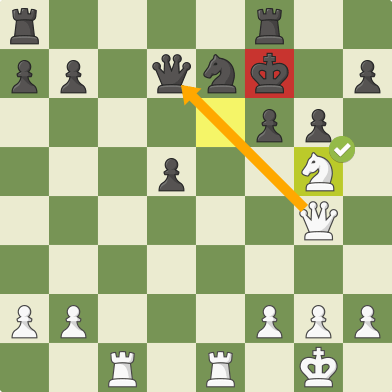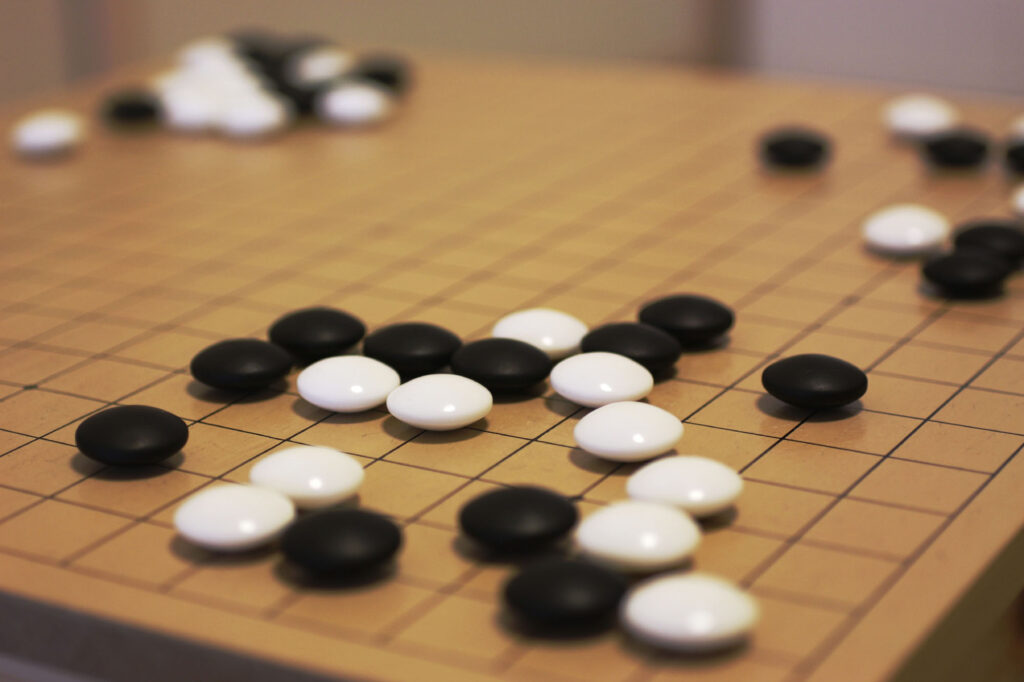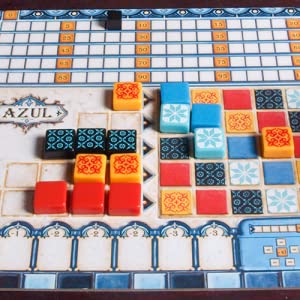Board Game genres can often be confusing for new people into the hobby. One of the most confusing is the phrase “Abstract” which is often thrown around in tabletop discussions. However, with a little explanation, it is easy to understand.
What is Abstract in Abstract Games referring to?

The definition of Abstract that best explains how it relates to board games is actually the verb usage of the word. Abstract is defined as a verb as “consider (something) theoretically or separately from something else.”
The genre Abstract doesn’t necessarily refer to the gameplay, but rather the theming and flavor of the game. Abstract games tend to be very light in theming or have absolutely no theming at all.
Chess has a very light theme of warfare, but the theme is very detached from the overall mechanics. In contrast, Risk also has a theme of warfare, but the theming is a lot more connected to the overall mechanics. For that reason, Risk would not be considered an Abstract game.
What are some examples of Abstract games?
Abstract games come in all shapes and sizes. However, a lot of them tend to be in the flavor of strategy games. Despite this, because the definition of Abstract is so loose you will find abstract games of all genres.
Go

Go is probably the most classic game ever. The game was invented around 4000 years ago in China. However, it is still widely played around the world, and in any major city you can find people who play this game seriously. Go has no theme, and might be one of the purest Abstract games because of it.
Go is a two-player strategy game where players try to secure as much territory as possible. The game is known for being simple to pick up, but you can spend your whole life trying to master it.
Azul

Azul has the theme of laying ceramic tiles down to create art. However, I would argue the theming is very light and almost arbitrary. The theme could be changed to weaving and the mechanics would translate well.
Azul is a drafting game where players take turns selecting tiles from a shared pool. Points are earned at the end of the round by the tiles you placed, and the patterns you make from them. Azul is extremely easy to pick up and is great for families.